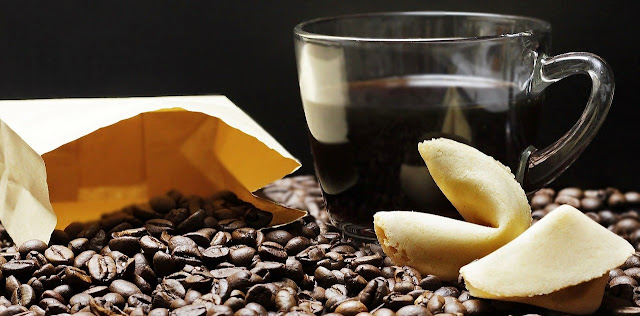Once I naïvely asked the above Query over a Really pleasurable lunch with my friends, I Obtained the following not Quite Pleasing reactions:
"Give me a break-having several drinks after in the market for a few of hours is an addiction?"
"Have you been telling us that with a fantastic time "
My response:"Alright, guys, what can you expect me to do, here" -render, or clarify exactly what I was trying to convey?"
Their answer:"You are hooked on explanations, anyhow, so go on and explain your statement"
What's fun?
Delight is"A sense of joyful satisfaction and pleasure, or an event or action from which derives pleasure."
Here is my question for you: What can you enjoy a good deal?
Video games? Betting? Drinking alcohol? Eating sugary foods? Shopping? Using street drugs? Cheating on your spouse? Watching TV endlessly... seeing scary films?
Each the above could become dependence.
Why?
Since they provide you enjoyment; they excite the brain's pleasure center.
Any sort of stimulation of this pleasure center releases enormous amounts of dopamine, which can be a neurotransmitter and a neurohormone produced in the mind.
Do not excite your brain's pleasure center too often-you can use it out! The extreme and perennial release of dopamine can harm the receptors in your brain and make them tire of stimulation.
We folks like dopamine really much. Within the business of science, dopamine is known as"the delight neurotransmitter." With sufficient quantities of dopamine, we all feel great, happy, and fulfilled.
And what is wrong with this? Nothing, really... except that lots of illegal drugs along with also the other things people like, like the ones mentioned previously, additionally aim together with the mind's pleasure receptors, releasing dopamine and contributing to potential dependence.
Those that are hooked participate in the practice of releasing dopamine if they know that it's bad for them.
The brain's pleasure center may be damaged not only by overuse but by poisons or head injury, as nicely . The outcome is exactly the same.
After a time, a person will require more stimulation or longer extended periods of extreme stimulation simply to release sufficient amounts of dopamine. What's this overuse is the brain's pleasure center won't be as responsive.
Translated, less reactive simply suggests that the mind will create less dopamine.
But we do want dopamine-right?
Yes, we do. But when less dopamine is discharged, a individual could possibly be led for depression or for a addiction to the initial stimulation (e.g., nicotine, drugs, alcohol).
Initially, a individual turns to"pleasure"; following the mind's pleasure receptors have been overused for a time period, but he or she's at risk for dependence.
In light of this information I have just shared, is your question,"Is enjoyment a addiction" a legitimate one? The solution is a definite"yes," because any form of enjoyment may result in dependence.
Obviously, it is important to enjoy what you love-doing thus makes for a joyful and satisfying life. However, as they say,"All things in moderation" If you bear this in your mind, you are going to steer clear of this path to dependence.





